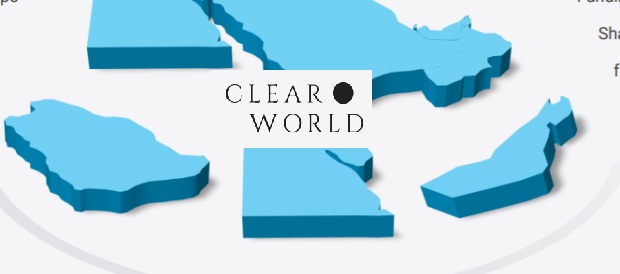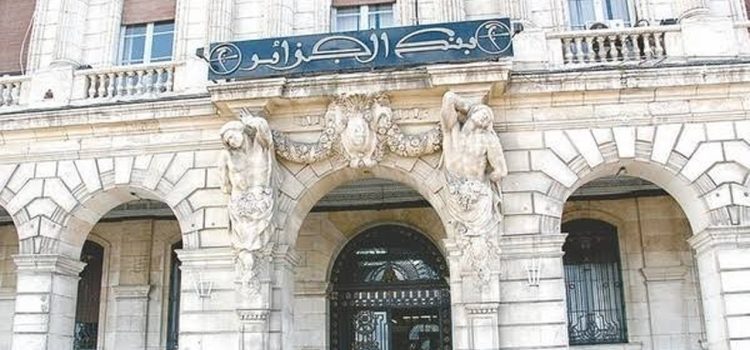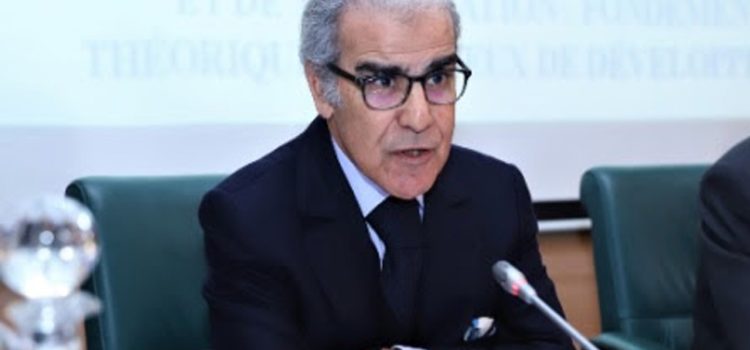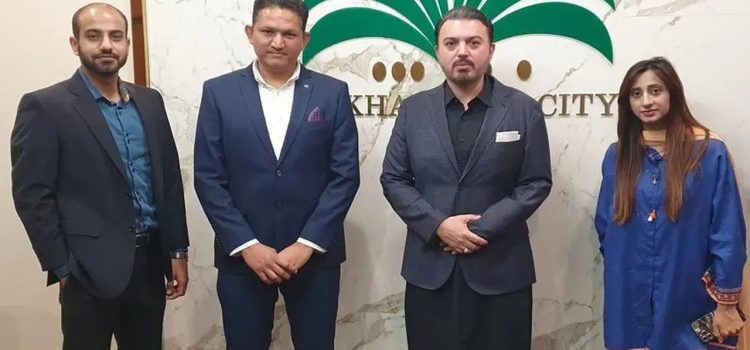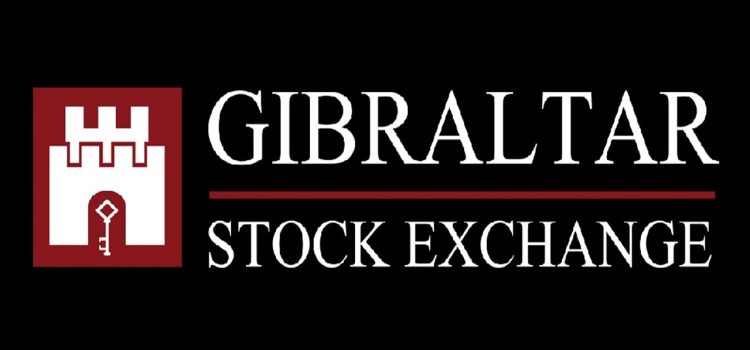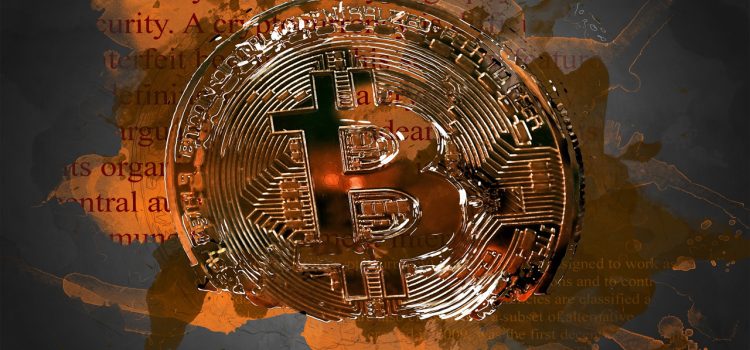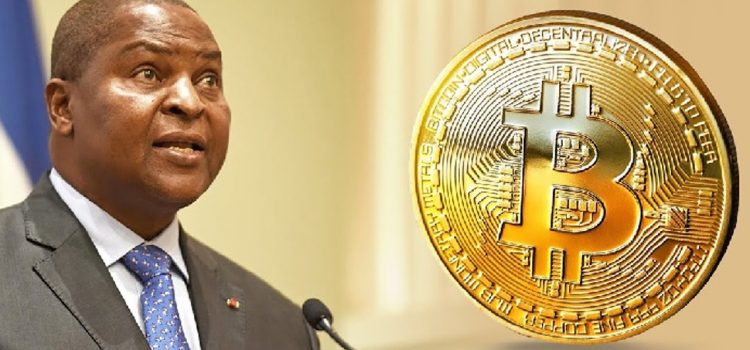In 2022, it appears there is a high level of public interest from the number of online keyword searches for crypto, crypto payments, blockchain, metaverse, NFTs and other related terms. These keywords, for instance, are the top searches in Arab countries. This comes as no surprise as nations in the MENA region were among the list of countries receiving crypto, with the greater region becoming one of the regions that saw the most growth in crypto regulations.
According to Chainalysis, while the MENA region is one of the smallest crypto markets, its growth to $566 billion received in cryptocurrency between July 2021 and June 2022 shows adoption is rising rapidly.
UAE places 10th for highest search regions for ‘crypto’
As per Google Trends, there were high inquiries for the term “crypto” in the country from December 2021 to December 2022. The high volume of searches for “crypto” in the Arab state placed it at 10th, followed by Morocco at 11th place, Lebanon (17th) and Tunisia (38th). Several MENA countries placed high in search queries among 73 nations.
The UAE went up two places compared to the results of the Google Trend search for the same period in 2021. Before, the country was in 12th place out of the top 63 countries. Lebanon retained its position, while Saudi Arabia dropped out of the list in 2022. The Kingdom placed 45th in 2021.
The UAE has been at the forefront of crypto regulation and licensing. In 2022, it has awarded licenses to top crypto exchanges such as Binance, Kraken and Crypto.com, among other platforms, and it also welcomed hundreds of other crypto and blockchain firms.
In a Crypto Oasis annual report entitled, “Crypto Ecosystem in the UAE,” the country’s booming blockchain and cryptocurrency ecosystem resulted in the employment of 7,000 people across 1,400 blockchain crypto entities currently operating in the country.
Lebanon is also no surprise, given its position as the third largest recipient of crypto in 2022, per a Chainalysis report.
Meanwhile, “Bitcoin” was the most searched keyword in terms of cryptocurrencies in the Arab world, beating “Ethereum.” Bitcoin took 80 percent of the searches, with the UAE settling at 22nd and Morocco at 50th among the top countries that have looked up the term.
In 2021, the UAE, Saudi Arabia and Egypt topped the list of countries that searched for Bitcoin. This could be in connection to Bitcoin being the most invested in cryptocurrency as well as the most volatile in 2022. At the time of writing, Bitcoin has a market cap of $323.1 billion, followed by Ethereum with $148 billion, according to the estimates by CoinMarketCap.
As for Ethereum, it was searched for most in the UAE and Lebanon among Arab countries in 2022. They are followed by Saudi Arabia, Egypt and Morocco.
Notably, only two Arab countries in 2022 had the biggest searches for crypto prices, namely the UAE and Saudi Arabia. Both the UAE and KSA are considered the biggest crypto trading markets in the GCC region. The 2022 Geography of Cryptocurrency report by Chainalysis found that Saudi Arabia was one of the strongest markets, with cryptocurrency transaction volumes surging 195 percent year-on-year.
Overall, the MENA region accounts for 9.2 percent of global cryptocurrency trading, up from 7 percent in 2021.
UAE only Arab country with high searches for ‘crypto payments’
The UAE took the number 2 slot globally in terms of regions with high volume searches for the term “crypto payments,” bested by only Nigeria. The list of 16 countries also included Singapore, the UK, the USA and Germany.
The introduction of the Dubai Virtual Asset Regulatory Authority (VARA) and the openness in the UAE for crypto payments have fueled the curiosity of the community. The country’s friendly stance toward crypto has urged top real estate entities and luxury and F&B outlets to accept crypto as a payment method.
Search for ‘CBDC’ grew exponentially at end of 2022
While more countries explore the opportunities of adopting CBDCs, Google searches for the term surged in November 2022. In terms of countries with the highest searches, the UAE came in at 18th place out of the top 68 countries. Other Arab countries on the list were Morocco (47th), Egypt (65th), and Saudi Arabia (67th).
The UAE completed its first CBDC pilot mBridge this year and is expected to continue to move forward with its implementation.
Morocco and Egypt join regions with top searches for ‘blockchain’
Despite an overall decrease in “blockchain” searches this year, several Arab countries topped the list among 72 countries. The UAE took eighth place, followed by Tunisia (15th), Lebanon (17th), Morocco (21st), Egypt (73rd) and Saudi Arabia (74th).
Notably, Lebanon is looking into blockchain and crypto as a means to solve many of its economic and fiscal problems.
Lebanon: Takes 8th place in NFT searches in top search regions globally
The search for NFTs went down in 2022 compared to 2021. Regardless, NFT appears to be an interest to Lebanon residents, with the country placing in eighth place. Lebanon was followed by other Arab countries, such as Morocco (10th), UAE (11th), and Algeria (57th).
In 2021, the UAE placed seventh among the top 31 countries that searched for “Buy NFTs.” Meanwhile, in 2022, Lebanon came in second, passing the UAE, which placed fourth.
Lebanese artists have increasingly issued NFTs in 2022, with more Lebanon residents purchasing the asset to offset the declining Lebanese currency in addition to their growing interest in this crypto segment. Moreover, several Lebanese NFT marketplaces have launched this year, such as OasisX.
Top google searches for crypto exchanges in MENA
When it came to searches for “crypto exchange,” the UAE stood in fifth place, followed by Lebanon (27th), Morocco (45th) and KSA (47th) among the top 65 countries.
Notably, “Binance” topped the list of searches in 95 regions. In the Arab world, the exchange was mostly searched by people from the UAE (ninth), Morocco (15th), Lebanon (16th), Qatar (36th), Kuwait (45th) and Jordan (56th).
Binance has been ramping up its operations within the MENA region in 2022. Within the year, the largest exchange by trading volume received an MVP license in the UAE and a full operating license in Bahrain.
As for home-grown crypto exchanges, CoinMENA was searched for most in Iran, Bahrain, Qatar and Oman. . Meanwhile, BitOasis and CoinMENA were equally searched for in Oman.
BitOasis also topped the searches in Jordan, Lebanon, Kuwait and Turkey. Noteworthy is that there were only 20 highest search regions for these terms. BitOasis also had more searches in UAE and KSA than CoinMENA.
BitOasis has a strong presence in the UAE that dates back to pre-license days. According to BitOasis Founder Ola Doudin, they are actively working with regulators in Saudi Arabia and elsewhere across the region to introduce their respective crypto regulations.
UAE is the most metaverse-curious country globally in terms of searches
When it came to global searches for the term “metaverse,” the UAE came in second place, passing Singapore, which placed seventh. In Last year’s trends, there were almost no searches on Google for metaverse before October 2021.
In 2022, Dubai introduced its Metaverse Strategy, which aims to create 40,000 virtual jobs and add $4 billion to the emirate’s economy over the next five years.
Lebanon tops searches for crypto mining
Lebanon becomes the top Arab country in terms of searches for “crypto mining,” placing third. It’s followed by the UAE, Bahrain, Tunisia, Morocco, KSA and Egypt.
Notably, Lebanon had the highest number of crypto-mining activities. This spike can be attributed to residents turning to crypto mining as an alternative source of income, given the financial demise of the Lebanese Lira. Lebanon’s low electricity costs also made the country an ideal destination for crypto miners.
As for UAE, it is also one of the attractive hubs for crypto miners in the MENA region, given its open stance on crypto, as well as the projects being launched in the country.
In conclusion, while crypto had a bearish year in 2022, this was not reflected in the google search trends especially when it comes to Arab countries specifically in the GCC. The MENA region and GCC country residents have shown considerable interest in crypto, NFTs, metaverse, and blockchain. These search trends reflect a growing interest in the region for these technologies.
Looking at these trends one can imply that crypto mining in countries like Lebanon are a big part of the crypto ecosystem. It might also be inferred that crypto payments interest will continue to grow in the UAE as will CBDC interest.
The fact is that despite the tumultuous year that crypto and blockchain went through in 2022, we will see more of them in 2023 and it looks like the MENA and Arab region will lead.


